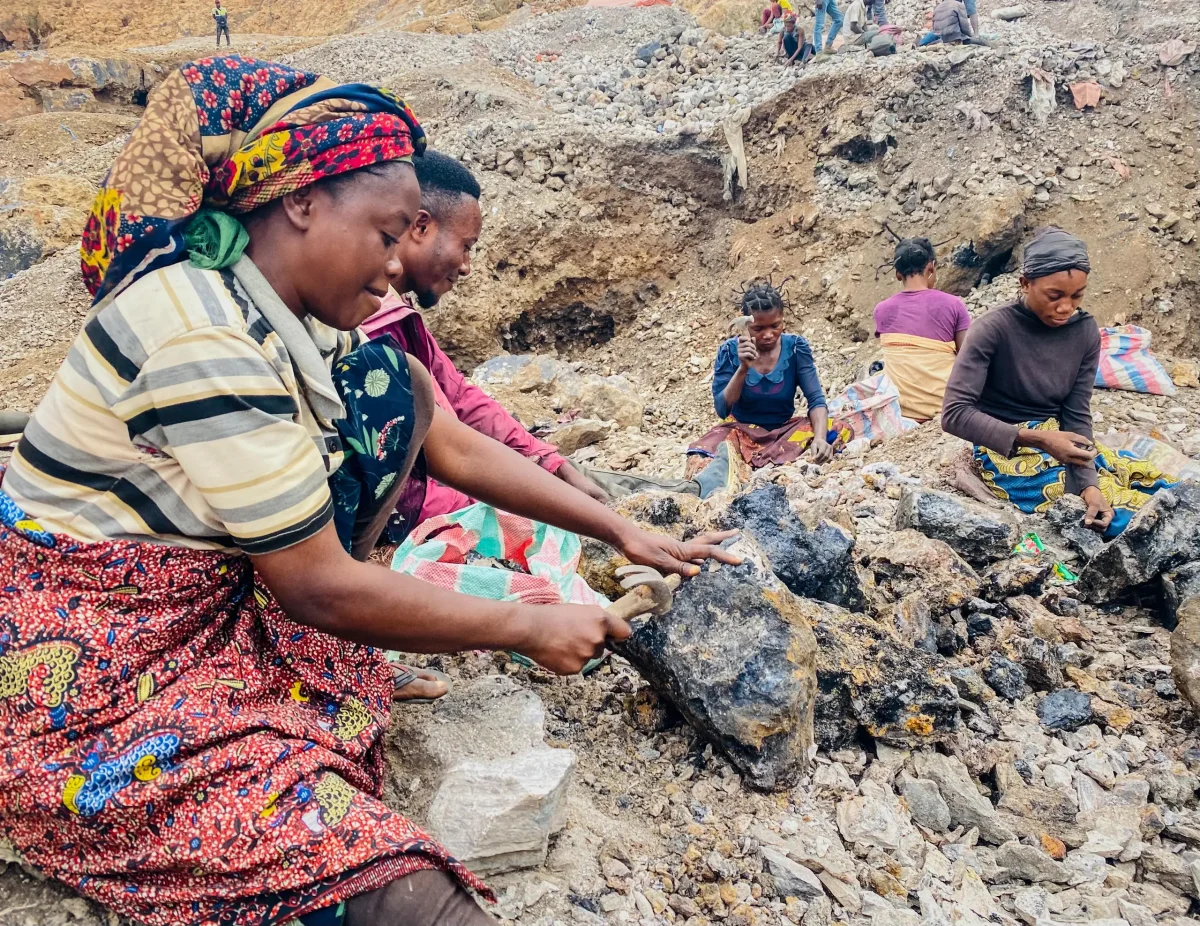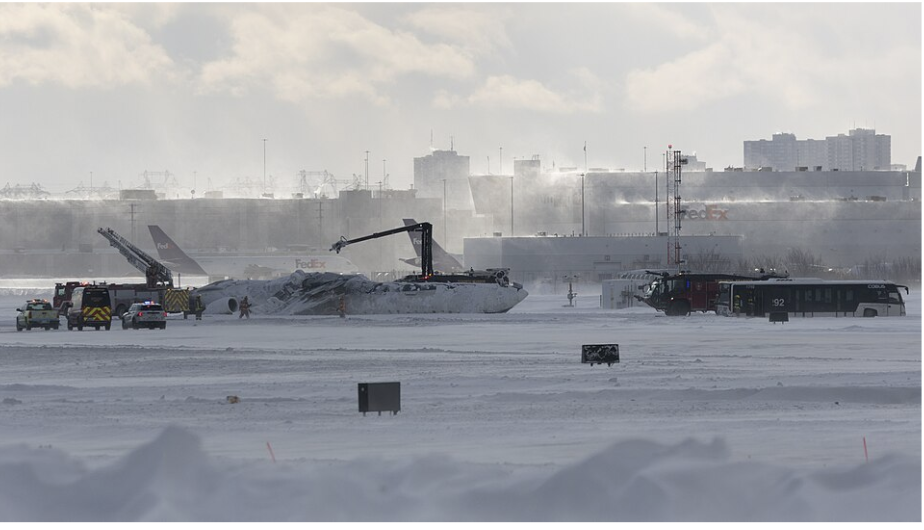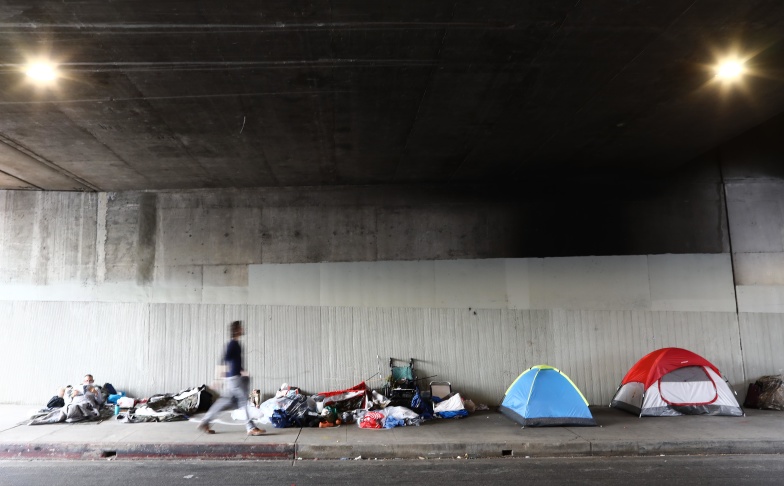In the Democratic Republic of the Congo (DRC), millions of workers toil in conditions reminiscent of the 19th century, extracting a mineral essential to the world’s clean energy future. Using primitive tools like pickaxes and shovels, they mine cobalt – a crucial component in rechargeable batteries – while facing severe health risks and environmental devastation.
The DRC controls 64% of the world’s cobalt reserves, according to MongaBay. But this mineral wealth has become a curse for many Congolese. Chinese-owned Musonïe Mining Company (COMMUS) has steadily expanded its control of the country’s cobalt production, now owning 80% of operations. Under their oversight, worker rights and environmental protections have deteriorated dramatically.
“There is no such thing as a clean supply of cobalt coming from the DRC,” says Siddarth Kara, a researcher at Harvard T.H. Chan School of Public Health who has studied modern slavery for two decades. “You have to imagine walking around some of these mines and dialing back our clock centuries.”
The human cost is staggering. Parents, forced by economic circumstances, bring their children to work in toxic conditions for as little as 50 cents to a dollar per day. “Young mothers with babies strapped to their backs [are] breathing in this toxic cobalt dust,” Kara reported to NPR. The mining operations have displaced hundreds of thousands of civilians, destroying villages to make way for expanded operations.
A Web of Corruption
The scale of financial losses compounds the human tragedy. Since 2000, the Congo has lost an estimated $1.9 billion due to foreign control of these mines, according to a coalition of Congolese anti-corruption groups. Even the state-owned mining company, Gécamines, has been implicated in suspicious dealings. A 2023 report by the General Inspectorate of Finance (IGF) found Gécamines had established six private mines with minimal capital returning to the company’s accounts.
China’s growing influence in the region has complicated reform efforts. While a new $7 billion infrastructure investment was announced in 2023, the IGF report revealed that only $822 million of a previous $3 billion commitment had been spent.
The Challenge of Clean Cobalt
The problem extends beyond the artisanal mines. Industrial operations, which claim to provide ethically sourced cobalt, are surrounded by and intermingled with informal mining operations. This makes it virtually impossible to segregate ethically and unethically mined cobalt in the supply chain.
Environmental damage has been equally severe. Mining companies dump toxic waste into rivers with impunity. When confronted, companies like SICOMINES simply deny wrongdoing, facing no meaningful consequences.
On March 15th, 2024 US courts sided with the five largest technology companies (Apple, Alphabet(google’s parent company),Dell, Microsoft and Tesla) and did not find them guilty for supporting child labor and improper mining operations. The growing global demand for electric vehicles and renewable energy storage continues to drive the need for cobalt, creating what appears to be an intractable conflict between clean energy goals and human rights.
Without significant reform and international pressure, the DRC’s cobalt mines risk remaining a stark example of how the race for clean energy technology can perpetuate human rights abuses and environmental destruction in developing nations.












